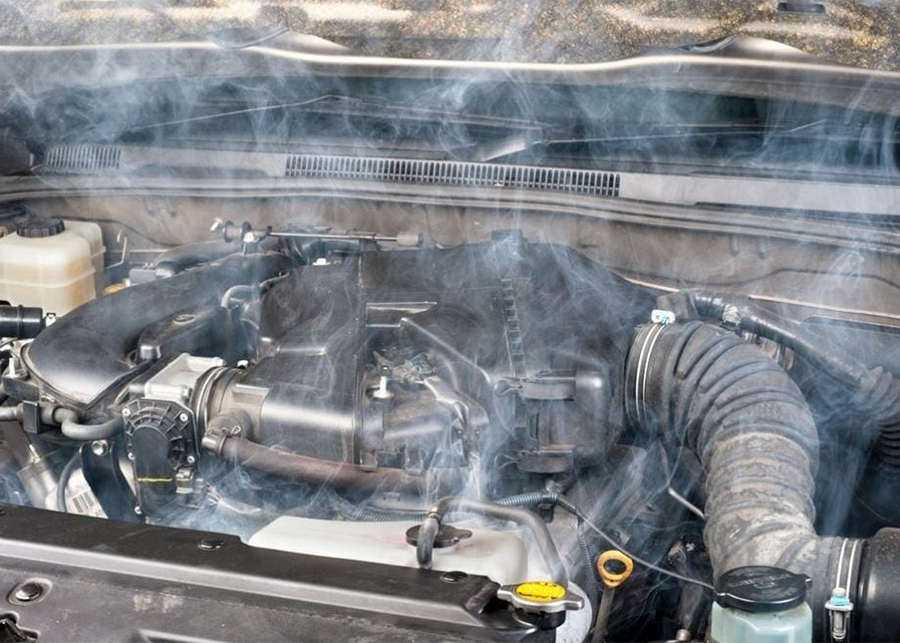If your car is overheating when the engine is idling, it can be a sign there is a problem with the cooling system. Whether due to clogged coolant hoses or defective thermostat, an overheating engine could lead to permanent damage of the engine. Knowing how to troubleshoot and fix a car that’s overheating when idling can help you stay safe and avoid expensive repairs. Here are some of the most common causes of car overheating when idle as well as tips on how you can fix them.
If your car’s engine is overheating when the vehicle is idling, it could be a sign that there is a problem with the cooling system. There are several different things that could be causing the issue, so it’s important to troubleshoot and fix the problem as soon as possible. In this blog post, we will discuss some of the most common causes of car overheating when idle, and we will provide tips on how to fix them. Stay cool!
Why Is My Car Overheating When Idle?
Cars overheat because the radiator cannot dispel the heat that is generated by the car’s engine.
The radiator is responsible for cooling the engine. It does this by transferring heat from the engine to the air, which then dissipates it. When the radiator is not able to dissipate enough heat, it causes the engine to overheat. There are several reasons why this can happen, including a clogged radiator, a faulty fan, or a broken water pump.
If your car overheats, you should pull over to the side of the road and turn off the engine. Do not attempt to drive it any further, as you could cause extensive damage to your car.
Overheating can do a lot of damage to your car. The most common damage is a blown head gasket, which can cost several thousand dollars to repair. Other damages that can be caused by overheating include cracked cylinder heads, warped or melted engine blocks, and damage to the vehicle’s electrical system.
If your car does overheat, it’s important to stop driving it and have it towed to a mechanic as soon as possible. Continuing to drive an overheated car will only cause more damage and will likely end up costing you more in the long run.
There are a few reasons why a car might overheat when idle. One reason is that the car is not getting enough air flow. When a car is idling, it’s not moving, so there’s no wind passing through the radiator to cool the engine. This can be caused by a clogged air filter or a blocked cooling fan.

Another reason for an overheating car when idle is low coolant levels. If the coolant level in the radiator falls below the minimum line, the engine will overheat. This can be caused by a leak in the radiator or water pump, or by improper maintenance such as not replacing fluids regularly. Finally, there could also be an issue with the thermostat, which regulates how much heat the engine absorbs. If you’re not sure where to start, it might be helpful to take your car to a mechanic for diagnosis and repair.
What can I do to reduce overheating in my car?
There are a few things you can do to reduce overheating in your car. First, make sure the radiator is clean and free of obstruction. You can also buy a cooling system additive to help keep the fluid cool. And finally, you can increase airflow through the radiator by driving with all the windows down.
F.A.Q
Why does my car overheat when sitting?
This is a precautionary reminder to check your coolant levels periodically. There is no need to wait for your car to overheat before you check, and while you don’t want to add fluid unnecessarily, you also don’t want the seal on your cooling system to go bad prematurely either.
Why does my car overheat after 15 minutes of driving?
It’s often a sign of engine trouble. As we’ll see, the reasons for this issue can be complicated, ranging from problems with the radiator and hoses to antifreeze leaking out or a faulty water pump. When you get right down to it, overheating is a symptom of another problem. By figuring out what’s causing your engine to overheat, you’re likely to solve your problem and prevent further damage.









